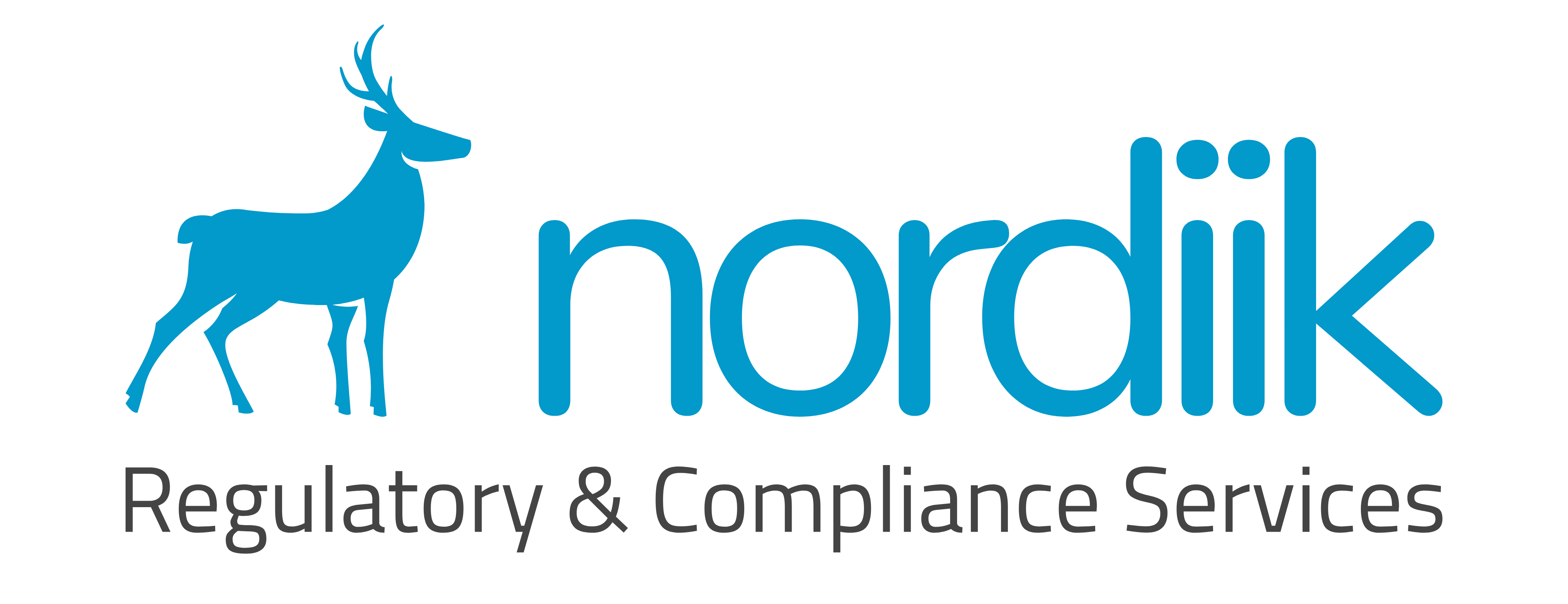The European Commission Admits Unrealistic REACH Deadlines
A more practical compliance program is being developed due to the current characteristics of substances and chemical products.
The European Union’s REACH regulation, designed to ensure the safe use of chemicals, is facing increasing scrutiny due to perceived delays in its implementation. A recent investigation by the European Ombudsman has highlighted the «unrealistic» deadlines set for the submission of draft implementing measures under REACH. What is happening? Why are there such delays in the application of measures and authorizations or restrictions?
The Complexity of Modern Chemicals
The challenges faced by the Commission in meeting REACH deadlines are primarily caused by the increasing complexity of modern chemicals. In consecuence, the dossiers submitted for evaluation are now much more complex than in the past and often involve multiple similar substances and complex supply chains. This added complexity requires a more thorough assessment, which consumes a significant amount of time and resources.
Political Dimension
Furthermore, the political dimension of many REACH decisions has exacerbated delays. Restrictions or authorizations can have far-reaching implications for industries, and stakeholders often engage in lobbying activities to influence the outcome. These political considerations can lead to lengthy debates and negotiations within the Commission, further delaying the decision-making process.
Impact of the CJEU Ruling
A significant factor contributing to the backlog of unresolved cases in REACH is the 2021 CJEU ruling on chromium VI. This ruling has led to an increase in applications from downstream operators seeking authorization to use this hazardous substance. The Commission has been forced to delay the processing of these applications while establishing a consensus among its departments.
The Strain on the Commission and ECHA
The influx of chromium VI applications has placed considerable pressure on both the Commission and ECHA. The sheer volume of cases has made it difficult to meet existing deadlines. In fact, the Commission has acknowledged that this is currently the most serious challenge facing the authorization process.
The Need for a Revised Timeline
Considering these developments, the European Commission has recognized the need to establish a more realistic timeline for the development of restrictions and authorizations of chemical substances. This timeline should consider the increased complexity of cases and the political and economic considerations involved.
The Commission’s acknowledgment of the issue is a positive step, as it indicates a willingness to address the concerns raised by the European Ombudsman. However, it remains to be seen whether the proposed revisions will be sufficient to significantly improve the efficiency of REACH-related processes.
Need REACH Compliance? Contact Nordiik!
Source: Chemical Watch









